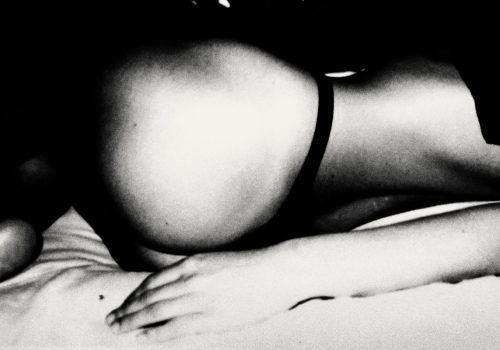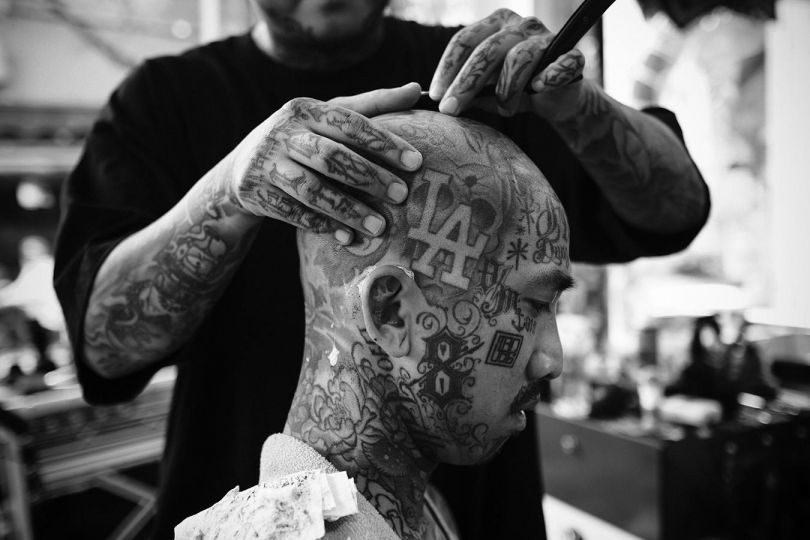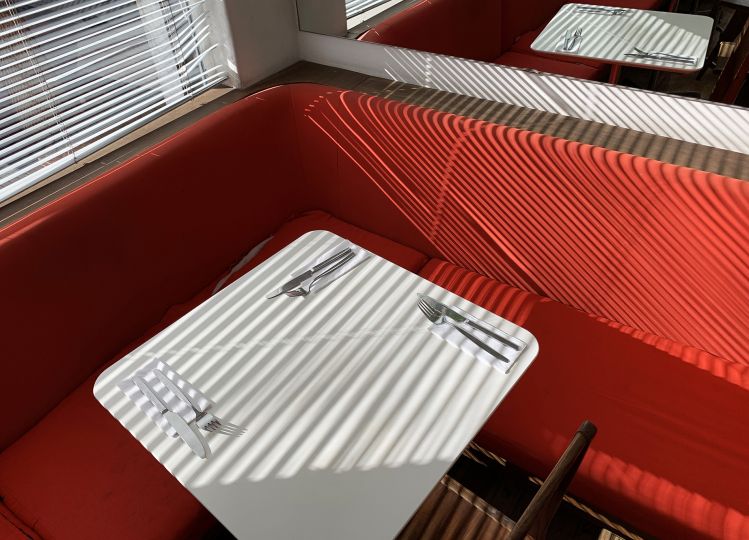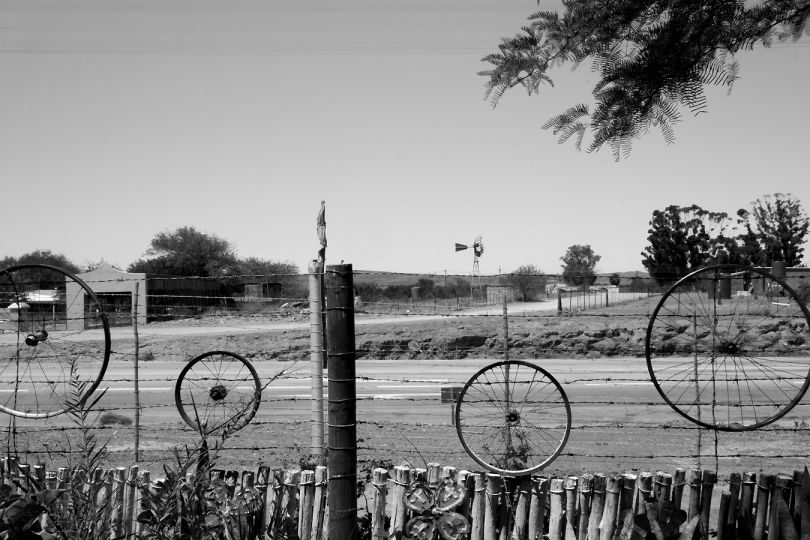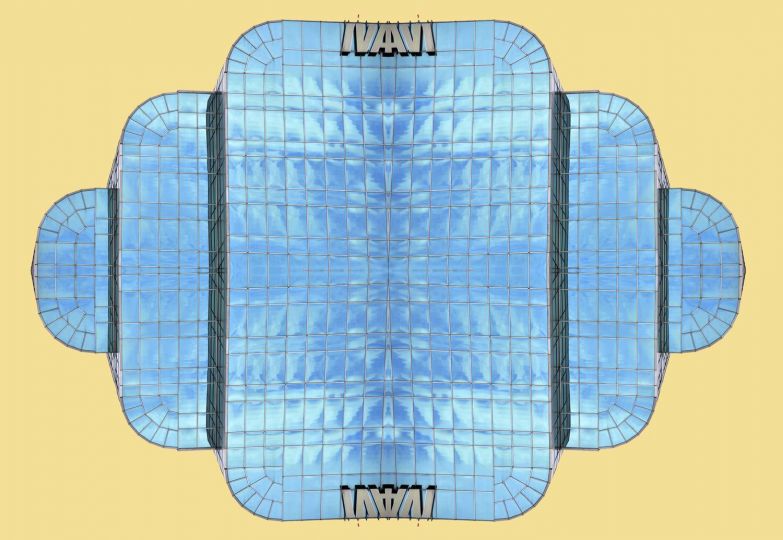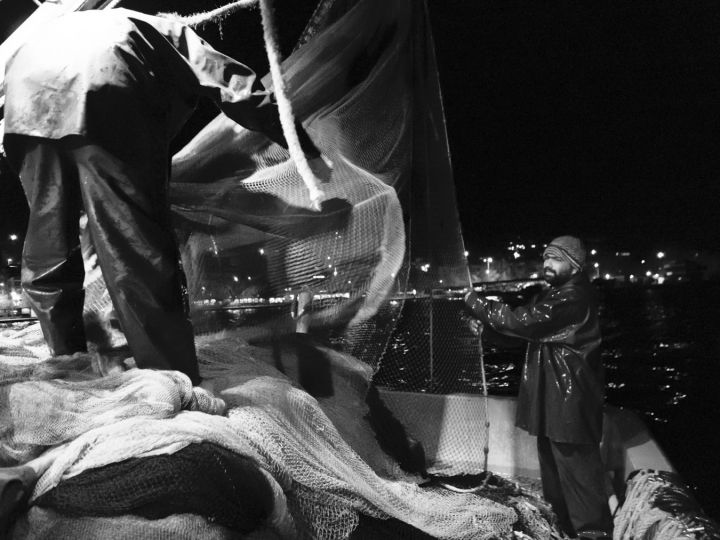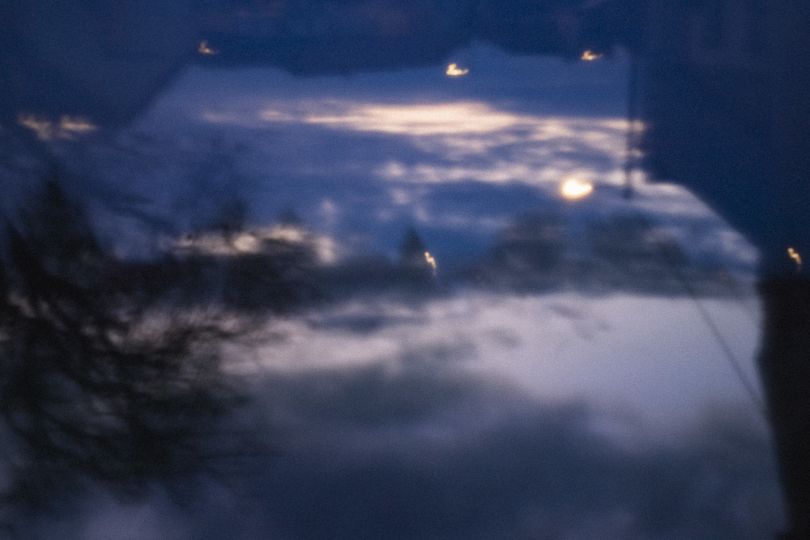The corrosive visions on the Fábio Miguel Roque’s photographs belong to that “fantastic” genre that uses the visual medium as an expressive instrument with a disturbing character. Visions generated by the nightmare, by the threatening reminiscences that obsess the mind, allow us to penetrate into a psychic and secret dimension, often ignored.
The kingdom to which Roque’s work belongs is, in fact, that of the shadow, the receptacle of all that appears unacceptable to the ego. “I found fireflies in my dream, talking to a strange man, drunk and dead!” is one of those headlines that immediately determines the address of a series and that predisposes the observer on the ground of the oneiric, in a charade that wants to unveil its contents.
Nightmares. Nocturnal visions that emerge from an unconscious that is quickly released, almost with a mocking urgency and that when they wake up, they leave shreds of memories in their minds. We are on the side of a struggle whose rules of engagement escape all understanding: everything is fast, quick, fleeting, and the incoherent dream becomes mysterious.
“I found fireflies in my dream, talking to a strange man, drunk and dead!” tells us that the nightmare is a dream poisoned by the constant inadequacy to hold a newspaper now withered and that, with difficulty, claims to come back to light. Salvation and perdition mingle, chase and overcome each other to establish a fleeting truce in the translation, in their being placed in the form of an image, if only Raskolnikov had a camera.
Roque is in the limbo of self-confession. The theme of bewilderment, of loss and the struggle to take possession of a new awareness passes like a black and limpid river in which rusty debris roll to wound with merciless ferocity. They call, they strike as non-questionable questions to anyone beyond ourselves and often, in the flashing visions we see how much we would not like to see. The language is relevant and fantastic: the figures, mysterious and disturbing, the details of things, of streets, of animals, of birds caught in a nervous and syncopated flight, happily dialogue with flashes of lucid confusion that deposits shreds of clues. The darkness clears the little to generate the illusion of sneaking through the folds of a reading, in an embrace of understanding but then, as in a mischievous game, darkness spreads its long black veil.
We are called to decrypt, isn’t so easy work but the author himself is helped. In fact Roque has the honesty to tell us more things than it would be necessary, just to avoid the pitfalls of omission, of disenchantment, perhaps even of a modesty that would have led us into the deceptive space of hypotheses. Thus the field of visual reticence Roque inevitably proceeds towards the offering and interpretation of his demons, from whose vision in filigree transpires a painful poem of an “absent time”, like a sort of distant nostalgia not of things or of a a past that will not return but of itself, of an identity that claims to impose itself.
The memory is disturbed, nervously disturbed by a present to be rehabilitated and by lost days asking to be freed from nights crowded with hostile, electric visions. “I found fireflies in my dream, talking to a strange man, drunk and dead!” Is a rich, complex and articulate, violent and yielding series that confirms, if anything were necessary, how the photographic language overflowed its “objectivist” vocation to explore in depth the unrepresentable interference of the human soul.
It’s therefore in this direction that “I found fireflies in my dream, talking to a strange man, drunk and dead!” should be appreciated, in his attempt to imprint further the complexity of nightmares, that failed dreams.
Giuseppe Cicozzetti

